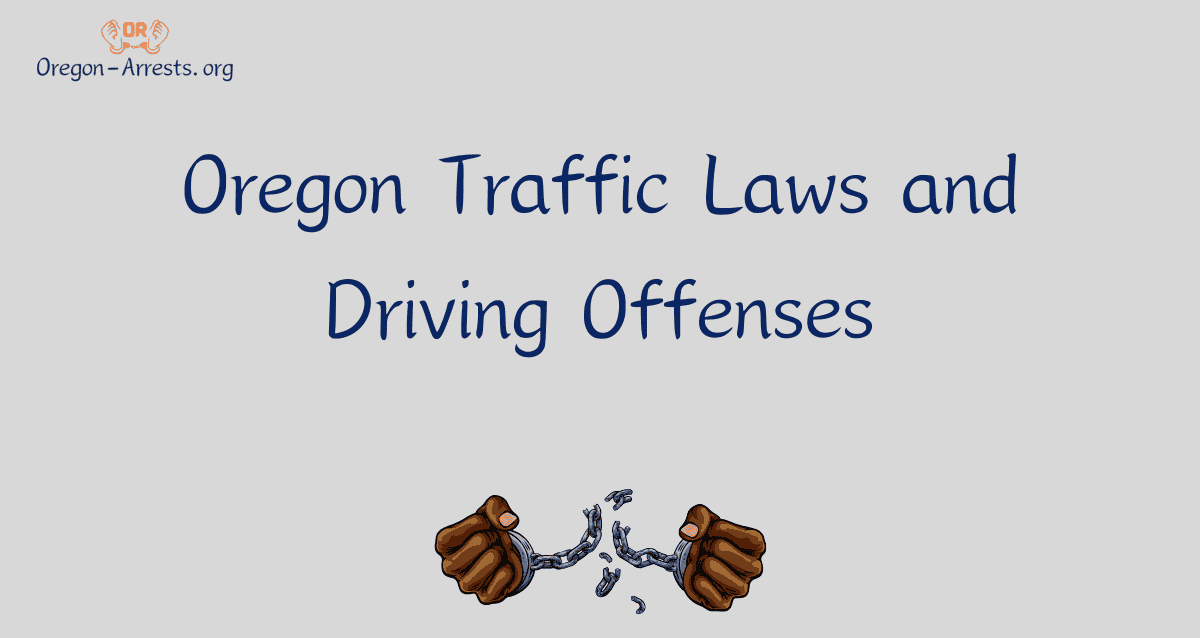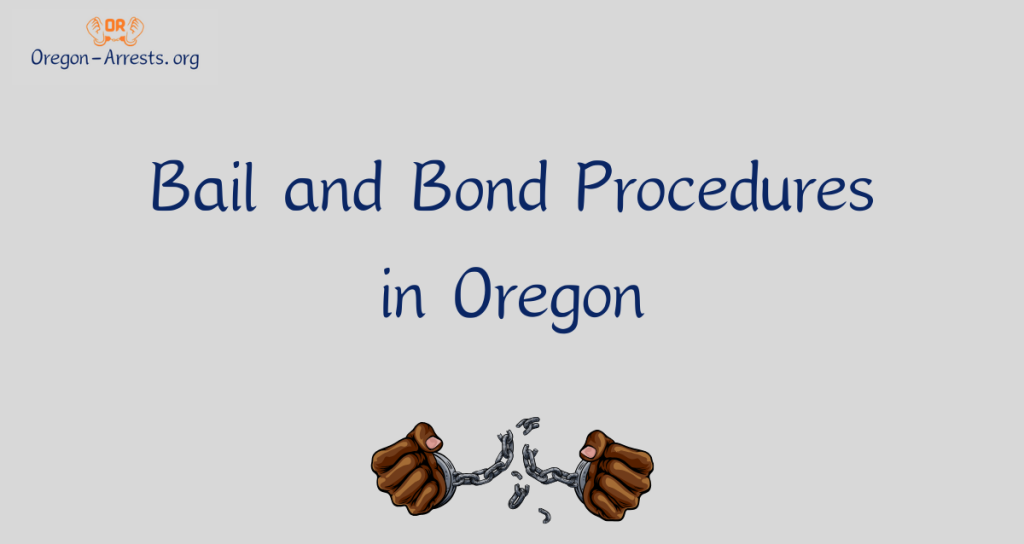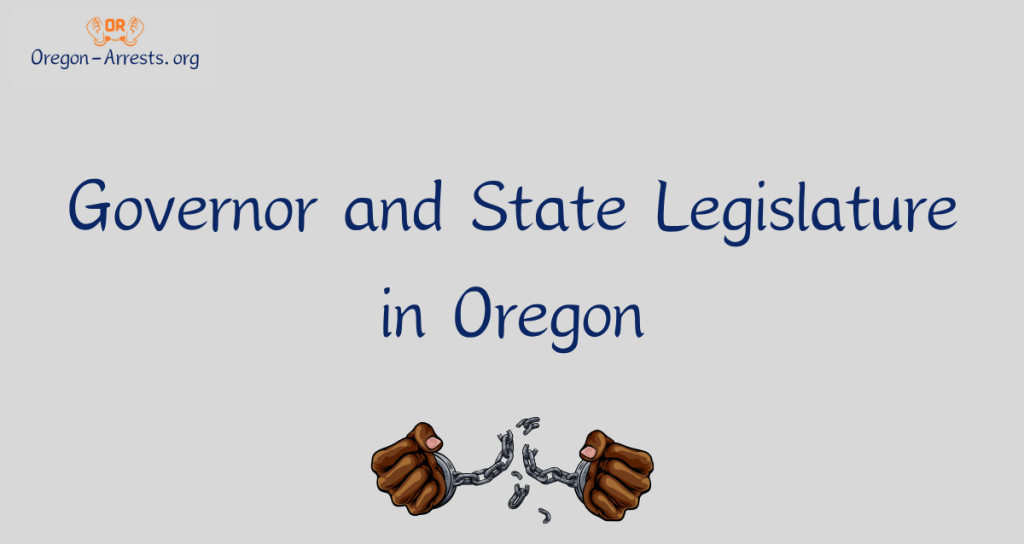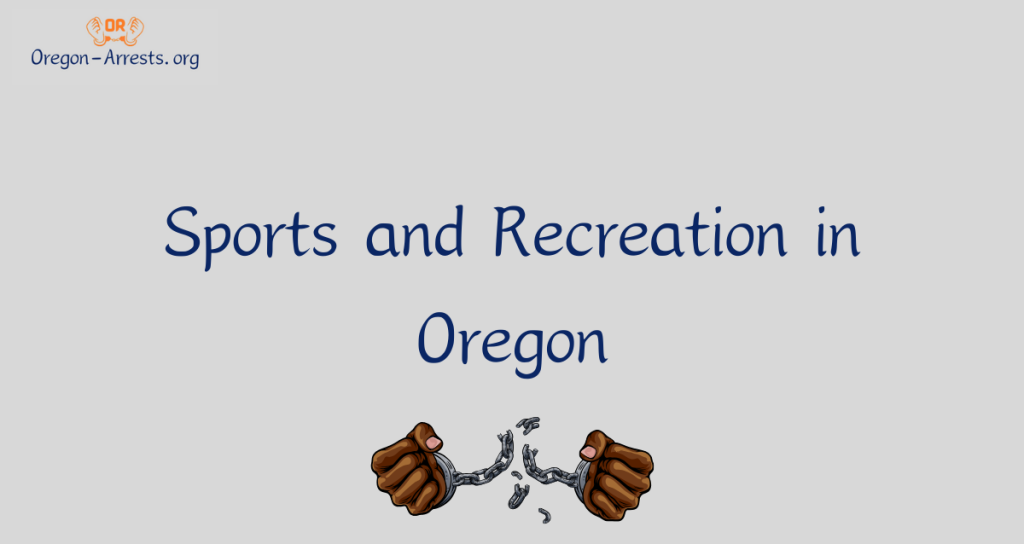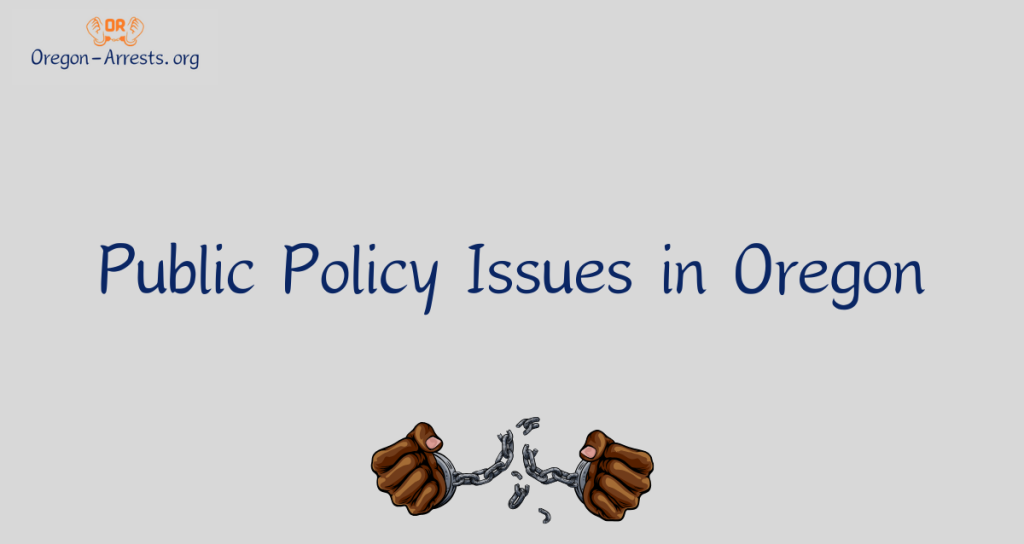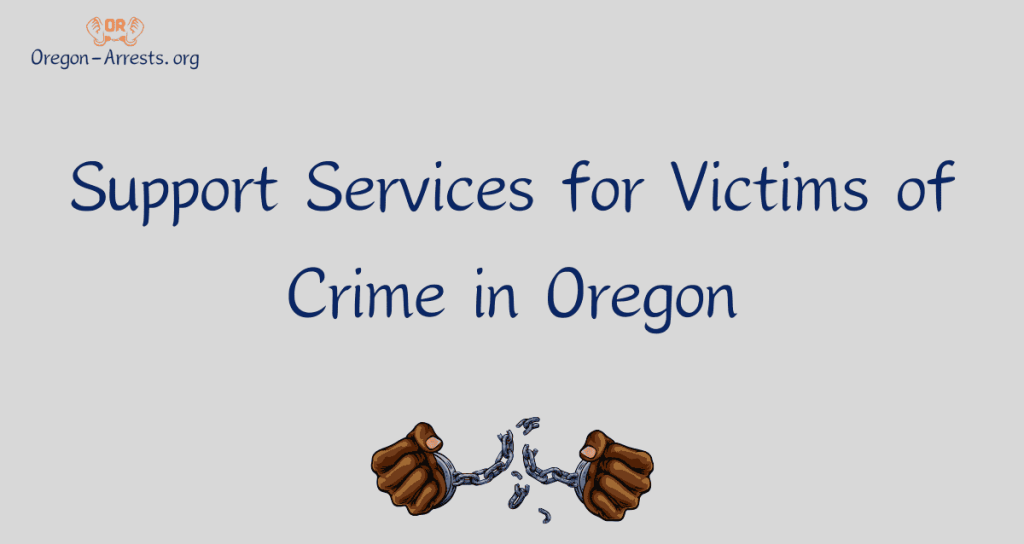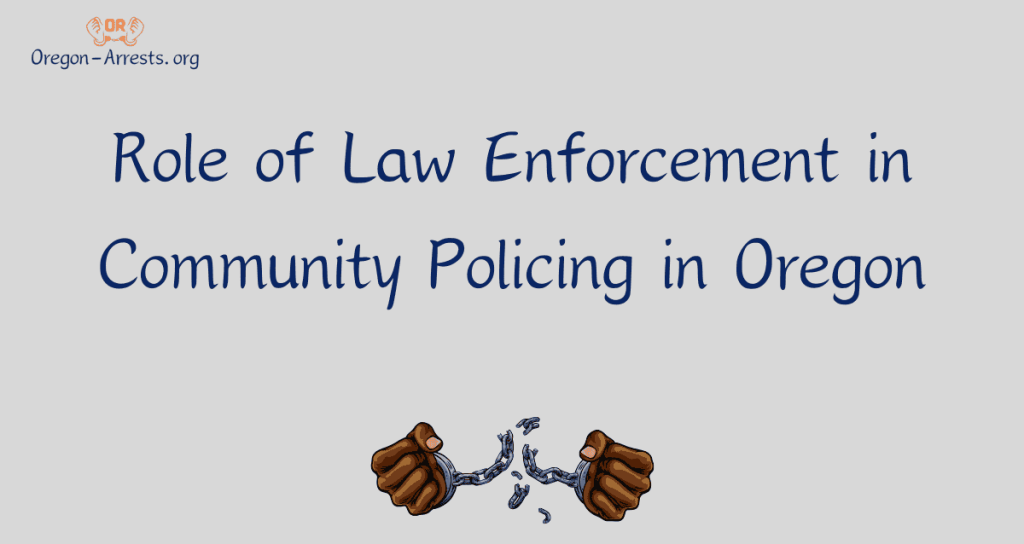Oregon Traffic Laws and Driving Offenses
Oregon is a state known for its stunning landscapes, outdoor activities, and vibrant cities. However, like all states, Oregon State has comprehensive traffic laws and regulations to ensure road safety. Whether you’re a resident or a visitor, you must know these laws to avoid traffic violations and potential consequences.
Common Traffic Violations
Speeding
One of the most common traffic violations in Oregon is speeding. The state has specific speed limits for different types of roads and areas. Exceeding these limits can result in fines, points on your driving record, and increased insurance premiums.
Running Red Lights
Disobeying traffic signals, especially running red lights, is a severe offense. It endangers other road users and can lead to accidents. Oregon takes a strict stance against red light violations.
DUI/DWI
Driving under the influence (DUI) or driving while intoxicated (DWI) is a grave offense in Oregon. The state enforces strict blood alcohol concentration (BAC) limits, and penalties for DUI/DWI convictions can be severe.
Reckless Driving
Reckless driving includes aggressive and dangerous behavior on the road, such as excessive speeding, tailgating, and weaving in and out of traffic. It poses a significant risk to other drivers and pedestrians.
Distracted Driving
Distracted driving, particularly texting while driving, has become a significant concern nationwide. Oregon has implemented laws to combat distracted driving, aiming to reduce accidents caused by inattention.
Consequences of Traffic Violations
When you commit a traffic violation in Oregon, there are consequences to face:
Fines and Penalties
Traffic fines can be substantial; the more serious the violation, the higher the penalties. These fines can strain your finances and disrupt your daily life.
License Suspension
Some violations can lead to the suspension of your driver’s license. This can significantly impact your ability to commute and carry out daily tasks.
Insurance Premium Increases
Traffic violations often result in increased insurance premiums. This means you’ll be paying more for coverage in the long run.
Legal Consequences
Certain traffic violations can result in criminal charges and legal consequences. These may include fines, probation, or even jail time.
Oregon’s Unique Traffic Laws
Oregon has some unique traffic laws that set it apart from other states. Understanding these laws is essential to avoid violations:
Oregon’s “Move Over” Law
Oregon has a “Move Over” law that requires drivers to move to a different lane when approaching emergency vehicles with their lights flashing. This law helps protect first responders and keeps the road safe.
Seat Belt Laws
Oregon has strict seat belt laws, requiring all vehicle occupants to be adequately restrained. Failure to do so can result in fines.
Bicycle Laws
Oregon is known for its bike-friendly cities. Understanding the state’s bicycle laws is crucial for cyclists and motorists to share the road safely.
Pedestrian Laws
Pedestrian safety is a priority in Oregon. Understanding crosswalking and right-of-way laws is essential to avoid accidents involving pedestrians.
How to Handle Traffic Tickets
If you receive a traffic ticket in Oregon, there are several options for handling it:
Paying Fines
You can choose to pay the fine associated with the ticket. However, this may result in points on your driving record and increased insurance premiums.
Contesting Tickets
You can contest the ticket in court if you believe it was issued unfairly or inaccurately. Hiring an attorney can be beneficial in such cases.
Defensive Driving Courses
Completing a defensive driving course can sometimes reduce the impact of a traffic violation on your driving record and insurance premiums.
Hiring an Attorney
Hiring an attorney can provide expert guidance and representation for more severe violations or legal consequences.
Defensive Driving and Traffic School
Enrolling in defensive driving or traffic school voluntarily can have several benefits:
Reducing Points on Your Driving Record
Completing a defensive driving course may allow you to remove points from your driving record.
Lowering Insurance Premiums
Some insurance providers offer discounts to drivers who complete defensive driving courses, helping you save on premiums.
Improving Driving Skills
Defensive driving courses can help you become safer and more aware, reducing the risk of future violations.
DUI/DWI Laws
Oregon’s DUI/DWI laws are stringent:
Blood Alcohol Concentration (BAC) Limits
The legal BAC limit in Oregon is 0.08% for most drivers. It’s 0.04% for commercial drivers, and for drivers under 21, it’s 0.00%.
Penalties for DUI/DWI Convictions
Penalties for DUI/DWI convictions can include fines, license suspension, mandatory ignition interlock device installation, and jail time for repeat offenders.
Distracted Driving Laws
Oregon has enacted laws to combat distracted driving:
Texting and Cellphone Use
Texting while driving is prohibited in Oregon, and cellphone use is limited to hands-free devices. Violations can result in fines.
Other Distractions
Oregon’s distracted driving laws also encompass activities like eating, grooming, or using in-car entertainment systems while driving.
Resources for Drivers
If you’re seeking information or assistance related to Oregon traffic laws and driving offenses, consider the following resources:
- Oregon Department of Transportation: The official website offers a wealth of information on road safety, laws, and resources for drivers.
- Legal Assistance: If you’re facing legal issues related to traffic violations, consider consulting with an attorney specializing in traffic law.
- Traffic School Programs: Enrolling in a traffic school program can be a proactive step in improving your driving skills and reducing the impact of traffic violations.
FAQ’s
What is the maximum speed limit in Oregon?
In Oregon, the maximum speed limit on highways is generally 65 miles per hour unless otherwise posted. However, the speed limit may be lower in some urban areas, usually around 55 miles per hour. It is essential to always check for speed limit signs and adhere to them while driving.
Are there any specific rules for driving in school zones?
Yes, there are specific rules for driving in school zones in Oregon. When entering a school zone, drivers must reduce their speed to the posted limit, typically 20 miles per hour. Be extra cautious in these areas as children may be present and not always follow traffic rules.
Can I use my cell phone while driving in Oregon?
No, using a handheld cell phone while driving is prohibited in Oregon. Texting, talking, or engaging in any other activity on a handheld cellphone while operating a vehicle is illegal. However, hands-free devices are allowed, provided they do not distract the driver.
What are the rules for passing other vehicles in Oregon?
When passing another vehicle in Oregon, it is essential to do so safely and legally. Drivers should always use their turn signal to indicate their intention to pass and ensure there is enough space ahead to complete the maneuver. Passing is generally allowed on two-lane roads when there is a broken yellow line on the driver’s side of the centerline, and it is safe to do so.
What should I do if I receive a traffic ticket in Oregon?
If you receive a traffic ticket in Oregon, it is essential to respond promptly. You can pay the fine or contest the ticket by requesting a court hearing. Ignoring a traffic ticket can lead to further consequences, such as license suspension or increased fines. It is advisable to consult with an attorney or seek legal advice if you are unsure about the best course of action.

